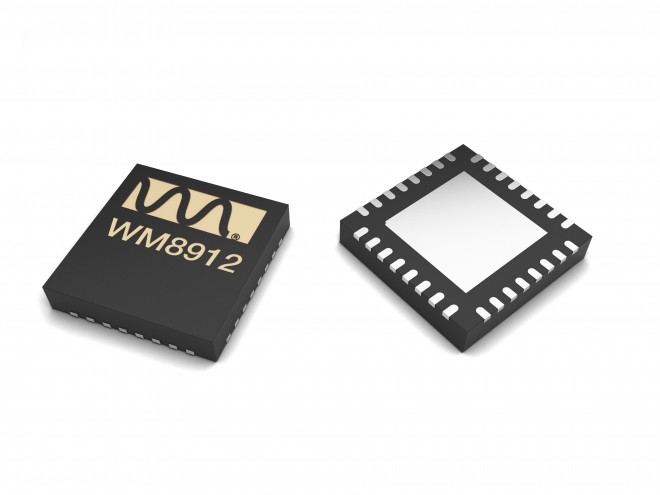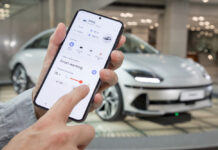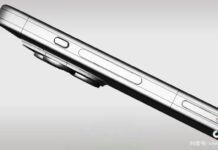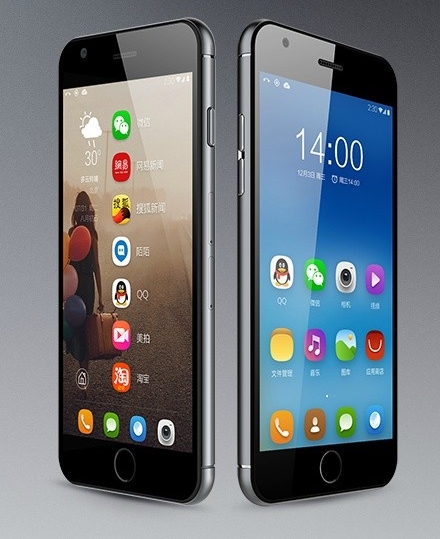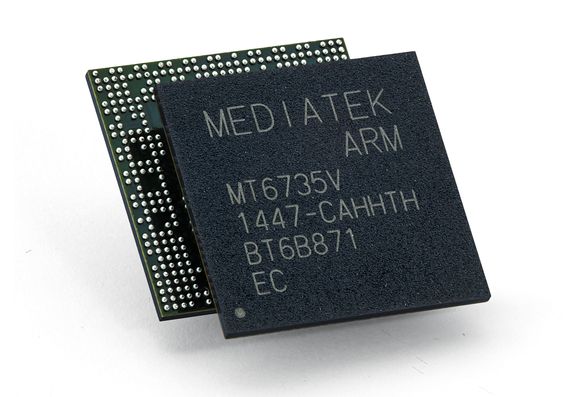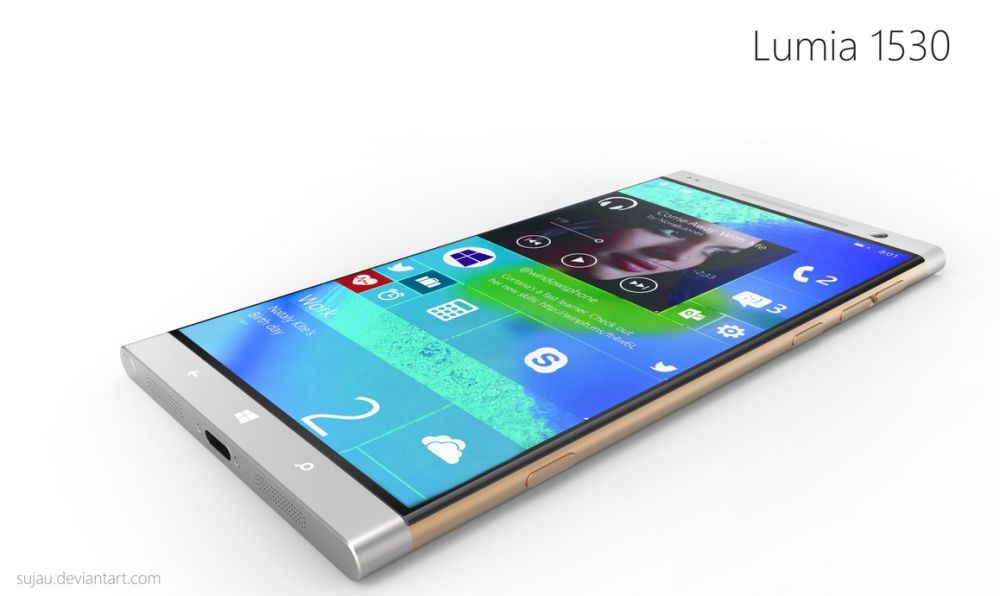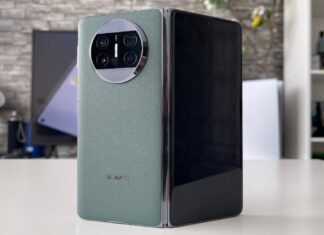When it comes to music playback on our favorite device, there are those of us that don’t compromise on sound quality. On the other hand, some of us enjoy music no matter what. By far we most use our smartphone for music playback.That’s because we don’t like having our pockets full of various devices when our smartphone can do just about everything.But a smartphone is not up to the quality standards that a dedicated device sets.Not yet anyway.
With or without a DAC. A DAC (Digital-to-analog converter) is a microchip that converts the digital audio signal (MP3), into analog signal, for audio output. It is mostly found in Hi-Fi (high fidelity) systems but has made it’s way into MP3 Players and even some Smartphones. A DAC in a mobile device means top audio quality and improved power efficiency, given the fact that the sound processing is handled by the DAC as opposed to the CPU. The DAC handles all audio in the mobile device, including calls and audio recordings in Smartphones.
Software is important too. Most manufacturers implement technologies designed to enhance the audio quality,whether or not a DAC is present in the device. Samsung uses “SoundAlive”, Sony advertises “DSEE” (among others),HTC has “Beats Audio” etc. In MP3 Players these sound enhancements come in addition to the hardware sound processing made by the DAC. Most Smartphones lack a DAC so the sound processing is usually just a clever software doing all the work.
Marketing strategies. What would happen to Samsung’s or Sony’s MP3 Player Division if Smartphones would provide excellent audio quality? Needles to say, a majority of manufacturers don’t want MP3 Players replaced any time soon.For this reason they are launching hybrid MP3 Players running Android. A good example is the Samsung Galaxy Player or the Sony Walkman Z. Moreover, Samsung integrated audio chips in their flagship devices. The Galaxy S/Nexus S use a Wolfson Micro audio chip while the Galaxy SII incorporates a Yamaha solution. But the software audio implementation in these devices is so poor, you wouldn’t say there is a dedicated DAC inside.
Beats Audio anyone? HTC does not own a MP3 Player Division so there is (theoretically) no reason for them to “sabotage” the audio quality in there devices. However, the Beats Audio enhancement in their 2011 devices is only a software implementation. Without a dedicated DAC you can only benefit from Beats when playing back music or watching a video. Only in their latest smartphones, announced at MWC2012, did they advertise a “system wide Beats Audio” solution, through their “Authentic Sound Experience” campaign . That means they (finally) integrated some audio hardware.
iPad/iPhone/iPod. Apple have implemented hardware audio solutions in all their devices. Starting with the early generations , that used Wolfson Micro audio chips and coming to the latest, that use a Cirrus Logic DAC, they all sound great. The iPod excels in terms of portability , the iPhone for telephony and the iPad for the big screen. No matter witch device you choose you will not compromise on audio quality. That is without any clever software enhancement as Apple does not develop any.
Alternative. Only one developer has done a great job on removing the software limitations that Samsung has imposed on their smartphones. He has developed Voodoo Sound for Galaxy S / Nexus S and other Android devices integrating Wolfson audio chip, and Voodoo Louder for Galaxy GalaxySII and Note. Those are A MUST for enjoying music if you own a compatible device.
We are witnessing the slow but sure death of MP3 Music Players. But until then, for perfect sound quality, MP3 Players are still the best . We comfort ourselves thinking that soon Smartphones will do it all.

